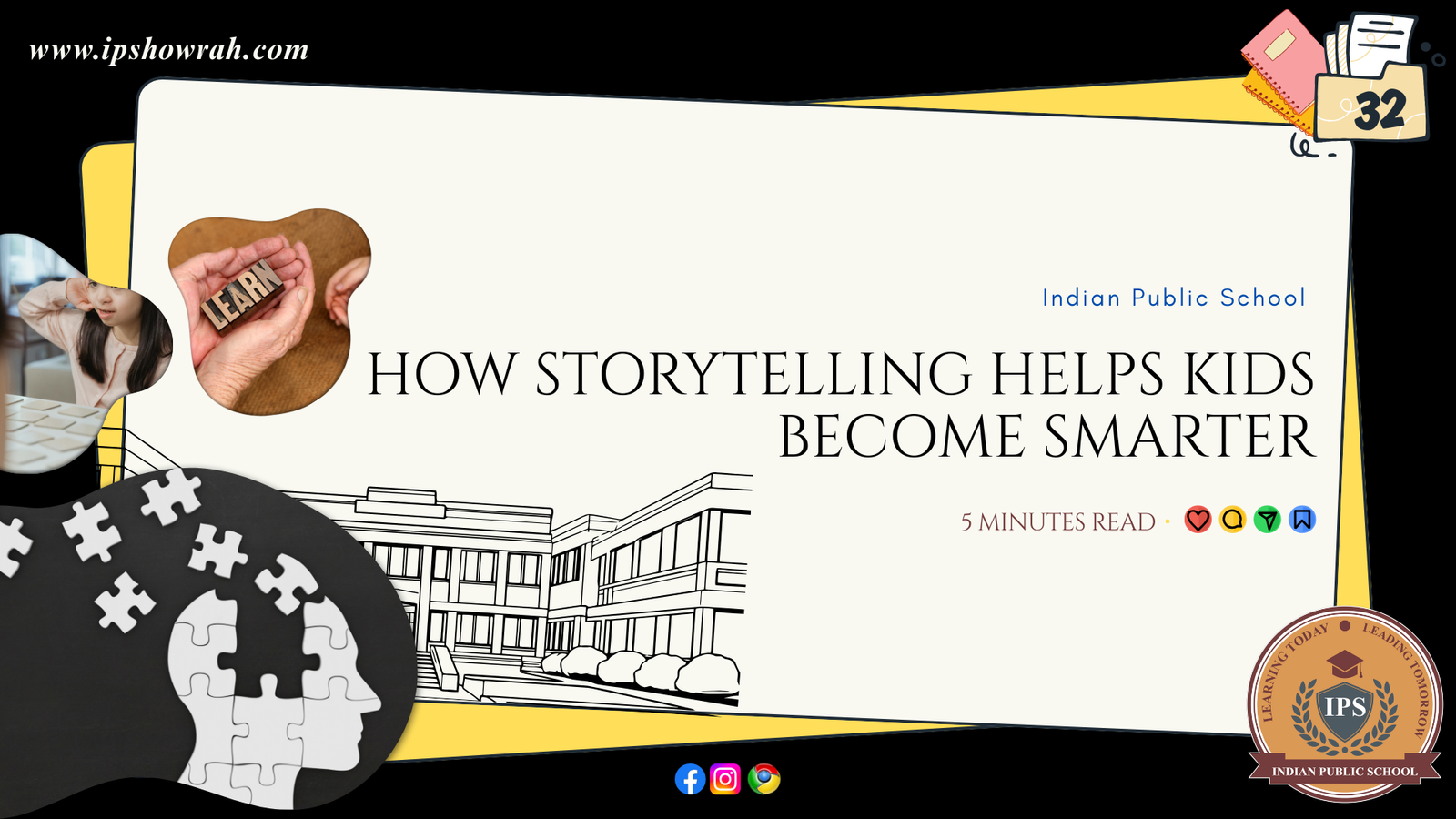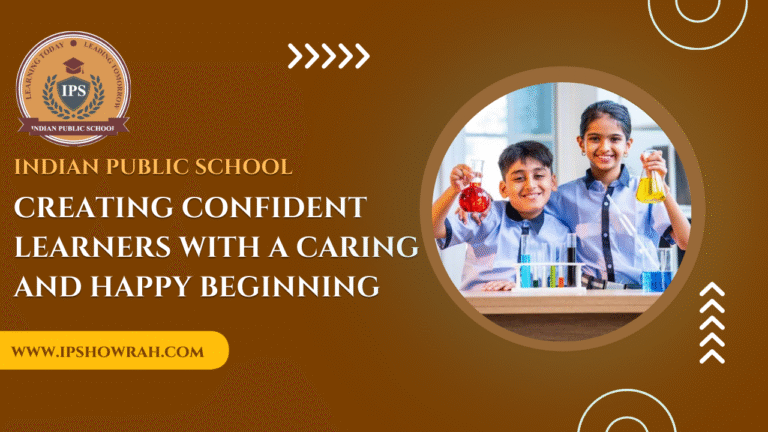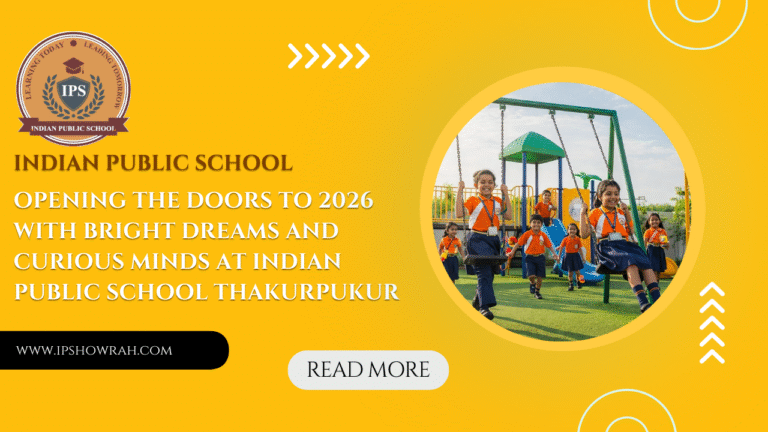How Storytelling Helps Kids Become Smarter

Stories are magical. They can take you on wild adventures to faraway lands, introduce you to brave heroes, and make you laugh until your stomach hurts. But did you know that stories do more than just entertain? The simple act of telling and listening to stories is one of the best ways to make your brain stronger, sharper, and more creative.
The benefits of storytelling are huge for students, helping to build imagination, boost memory, and improve speaking skills. Let’s explore why storytelling for kids is such a powerful tool for learning and growing.
How Storytelling Builds Imagination
Your imagination is like a muscle – the more you use it, the stronger it gets. When you listen to a story, your brain gets to work creating pictures of everything you hear. You imagine what the characters look like, what the magical forest smells like, and what it feels like to fly on a dragon’s back. This mental exercise is crucial for developing creativity.
Creating Your Own Worlds
Unlike watching a movie where everything is shown to you, storytelling for kids encourages you to become the director of your own mental film. You decide what the creaky old house looks like or how the brave knight sounds. This creative freedom helps you think outside the box and come up with new ideas.
This skill is not just useful for art class; it helps in science when you need to imagine a new experiment, or in history when you try to understand what life was like long ago. A strong imagination makes every subject more interesting and easier to grasp.
How Storytelling Boosts Memory
Have you ever tried to remember a long list of facts? It can be tough. But when those facts are woven into a story, they suddenly become much easier to remember. Our brains are naturally wired to remember stories because they have a clear beginning, middle, and end. This structure helps us organize information and recall it later.
Remembering Facts Through Stories
One of the greatest benefits of storytelling is its power to make information stick. For example, instead of just memorizing dates for a history test, you can learn the story behind them. Learning about the struggles, triumphs, and adventures of historical figures makes the events feel real and memorable.
This technique works for almost any subject. You can create a story to remember the planets in order, the steps of the water cycle, or even math formulas. Turning dull facts into an exciting narrative is a superpowered memory hack.
How Storytelling Improves Speaking Skills
Telling a story is a fantastic way to practice speaking. When you share a story – whether it’s one you made up or one you’ve heard – you are practicing important communication skills. You have to choose the right words, put sentences together in a way that makes sense, and use your voice to make the story exciting.
Speaking with Confidence
For many students, speaking in front of others can be nerve-wracking. Storytelling for kids provides a fun, low-pressure way to build confidence. You can start by telling stories to your family, your friends, or even your favorite stuffed animals. As you get more comfortable, you can share stories in the classroom.
Each time you tell a story, you get a little bit better at speaking clearly and engaging your audience. These skills are essential for school presentations, group projects, and communicating your ideas effectively throughout your life.
Easy Ways to Practice Storytelling
Ready to unlock the benefits of storytelling? Here are some fun and easy ways to get started:
– Start a story chain: Sit with friends or family and have one person start a story with a single sentence. The next person adds a sentence, and you continue going around, building the story together.
– Use story prompts: Find a picture in a magazine or a random object in your room and create a story about it. What is its secret history? Where has it been?
– Tell stories about your day: Instead of just saying your day was “good,” tell a story about the funniest or most interesting thing that happened.
– Change the ending: Take a familiar fairy tale or a book you love and create a new ending. What if Cinderella didn’t lose her shoe? What if the hero decides to befriend the dragon?
– Draw your stories: You don’t have to use just words. Draw a comic strip or a series of pictures to tell your story.
Frequently Asked Questions
What if I’m not a creative person?
Everyone is creative in their own way. Storytelling for kids isn’t about being a professional writer; it’s about having fun and using your imagination. Start with simple stories about things you know, and your creativity will grow.
Do I have to tell stories out loud?
Not at all. You can write your stories down in a journal, draw them, or just think them up in your head. The most important part is to get your imagination working.
What makes a good story?
A good story usually has interesting characters, a clear setting, and a simple plot with a beginning, middle, and end. But don’t worry about rules. The best stories are the ones you have fun creating.
Can listening to stories also help me?
Absolutely! Listening to audiobooks, podcasts, or having someone read to you is a fantastic way to build your vocabulary, improve your listening skills, and fuel your imagination.
How can storytelling help with schoolwork?
You can use stories to remember information for tests, understand complex ideas, and make your presentations more engaging. It’s a study tool that makes learning feel like play.
Conclusion
The benefits of storytelling go far beyond simple entertainment. For students, it is a powerful tool that sharpens the mind, builds confidence, and makes learning an adventure. By engaging with storytelling for kids, you boost your imagination, strengthen your memory, and become a more effective communicator. It’s a skill that will help you succeed in every subject at school and in all areas of your life.
So, the next time you hear a story, listen closely. And the next time you have an idea, don’t be afraid to share it. Your voice has the power to create worlds. You can follow us on Instagram and Facebook for more updates.



